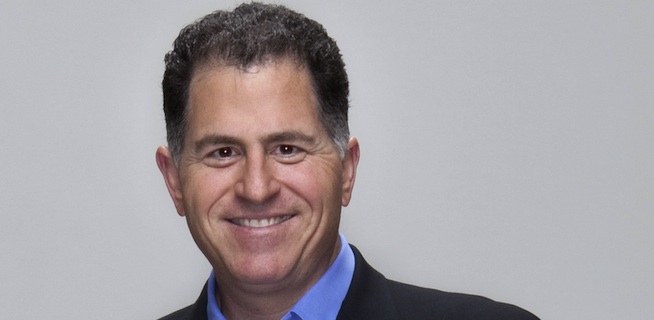
Dell has reached an agreement to go private, a move that marks the end an era for the world’s third-largest computer maker.
The Round Rock, Texas-based company was once the PC market leader, but it now trails Hewlett Packard and Lenovo. Sources say that going private will give it the space to remake itself as a provider of business technology.
The terms of the $24.4 billion buyout are that the company’s founder and CEO, Michael Dell, and private equity firm Silver Lake will pay $13.65 per share in cash. Microsoft will provide $2 billion in a loan, rather than equity, which is the only real surprise. The debt financing comes from Bank of America Merrill Lynch, Barclays, Credit Suisse and RBC Capital Markets.
Sources familiar with the deal say it’s a highly strategic play for Microsoft to make an investment. And it should help ensure that the Windows operating system remains in Dell desktops and laptops. This may prevent the privatized from Dell straying to an alternative: Linux, ChromeOS, or Android.
Dell is already one of the biggest channels for Microsoft’s Windows software.
Sanu Desai, the managing director for investment banking firm Torch Partners, said this kind of privatization will become increasingly common in the tech industry.
“We’ve had huge shifts in the industry,” he said by phone, and he explained that the older titans like Dell, Microsoft, Cisco, and Intel will need to innovate or risk being wiped out by relative newcomers like Facebook and Google.
Desai explained, “The shift to tablets is killing them. Apple is killing them. And at that point you look around and say, ‘Who’s generating cash?'”
This move will let Dell’s board carve out a new strategy without needing to report its quarterly earnings to Wall Street analysts.
You can make interesting parallels with Seagate, a company that helped define the disk drive business. It went private in 2000 in a $20 billion deal also led by Silver Lake Partners. “When Seagate went back out into the public markets, they made a lot of money,” said Desai. “Hardware has always lent itself to going private.” Seagate is now a leading provider of data storage solutions.
Dell is best known for sourcing computer components cheaply and assembling them in an efficient way. But this is now a commodity market; Dell will need to determine what the next chapter of the business will be.
Amid rumors about the company’s new leadership, only one thing is for certain: Michael Dell will remain at the helm as the board enters the new world of cloud computing. A source at a private equity firm who asked to remain anonymous said we’ll likely see executive moves, business-unit closures, and layoffs in the coming months at Dell.
Dell has invested his personal wealth to take a majority stake in the company and already owns about 16 percent of the shares.

